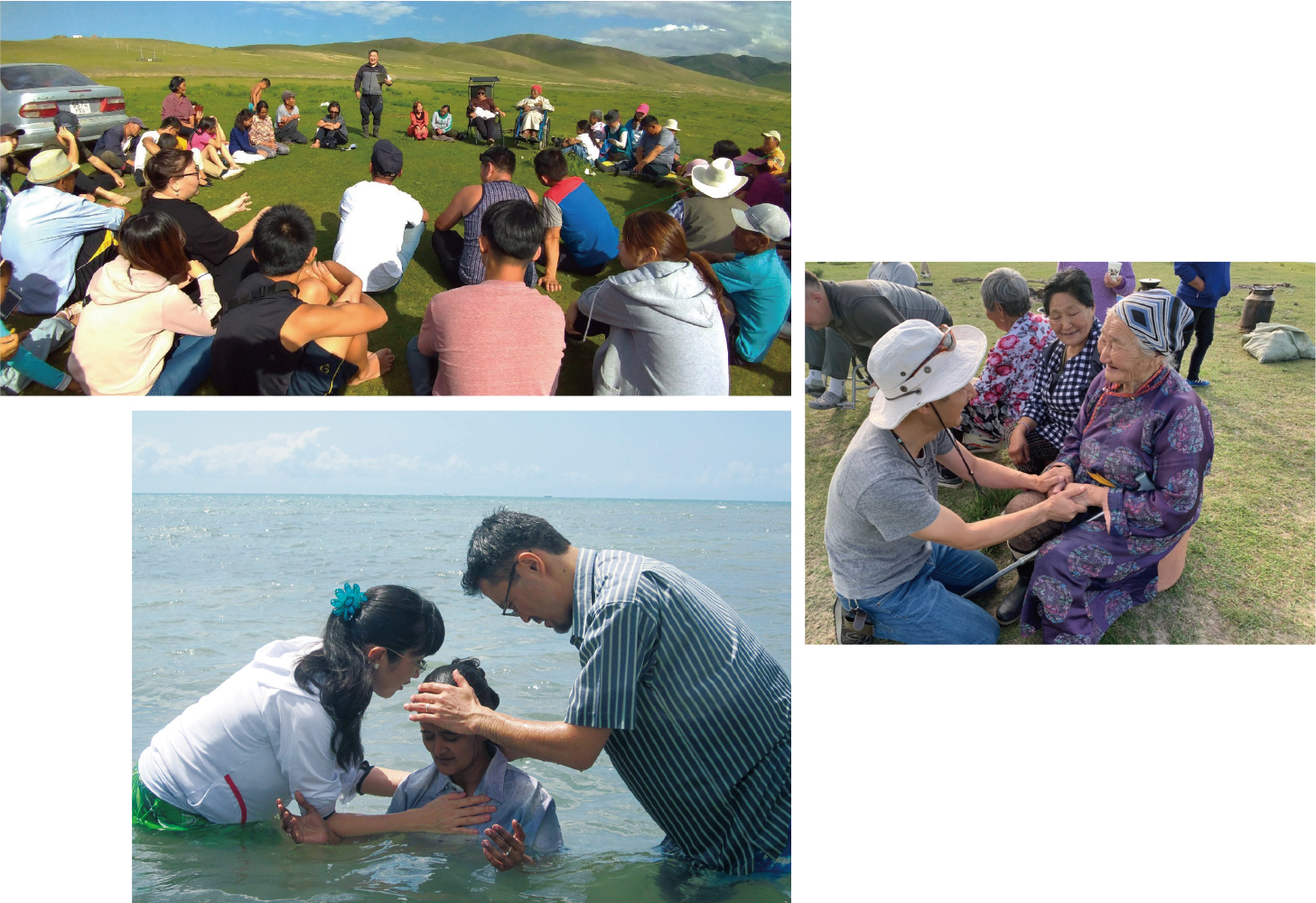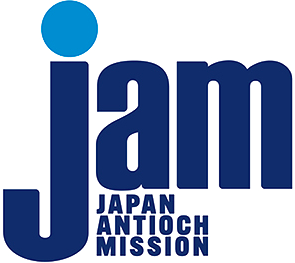
About Japan Antioch Mission (JAM)
JAM collaborates with churches to send crosscultural missionaries from Japan, supporting those missionaries and their work so that they can serve the Body of Christ on location, as much as possible through partnerships with local churches or mission organizations. As well as that, JAM seeks to cooperate with Bible-believing churches and organizations in Japan and overseas towards the completion of world mission. Since its founding in March 1977, JAM has sent over 90 missionaries to about 30 countries in South America, North America, Asia, Oceania, and Europe. We affirm the “Lausanne Covenant.”

Japan Antioch Mission’s Vision
JAM is an independent Japanese organization formed by Japanese evangelical churches. We seek to learn from overseas mission agencies that have already been used by God while striving to fulfill the responsibility that Japanese churches have for mission, the following are our distinguishing qualities:
1.Into All the World
To ensure that everyone hears the gospel, we send missionaries to
all peoples, not limited by nation or region. We collaborate with existing evangelical organizations and churches wherever possible.
2.Interdenominational
This does not mean that we do something beyond church. Rather, we collaborate with different churches and benefit from the experience and knowledge of world mission that churches and denominations have already gained.
3.Faith Mission
We emphasize trusting in God’s provision for all needs.
Specified giving: All giving is used as specified by supporters.
4.Diverse Missionaries
JAM sends all kinds of missionaries to do the Lord’s work, including pastors, teachers, technical advisors, agricultural specialists, healthcare professionals, publishing and evangelists to Japanese living overseas. We also send missionaries to reach out to foreign residents in Japan.
5.Respecting Local Decisions
Our missionaries seek to build mutual understanding and serve in cooperation with the organizations or churches on location. Domestic supporters respect the local organization’s autonomy.
